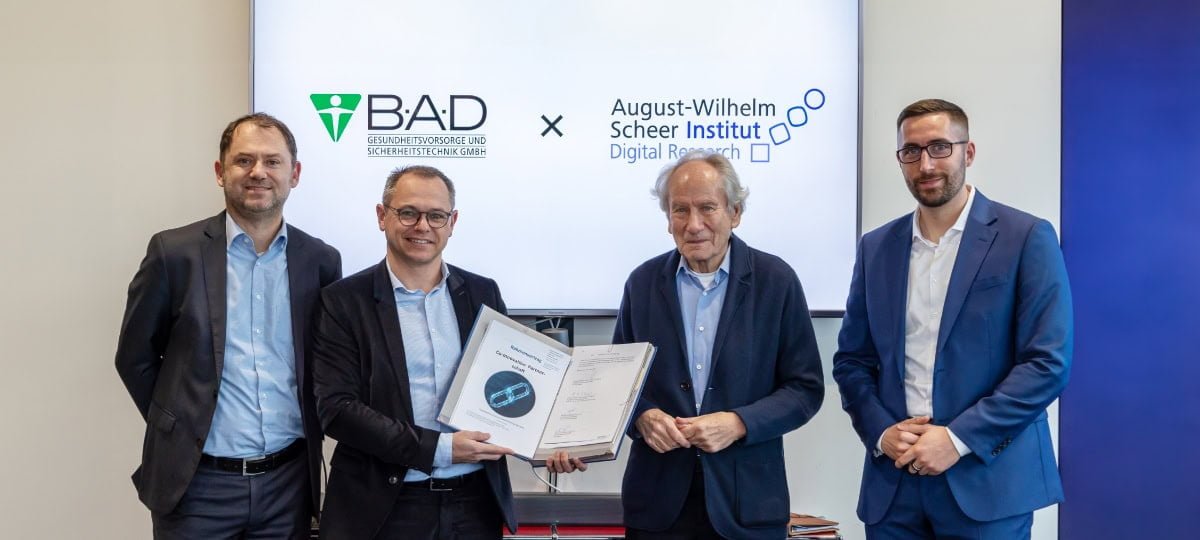Digitization in finance - from hype to reality


The challenge for CFOs is to understand the use and benefits of available technologies in order to create a value- and risk-adjusted roadmap. New technologies should also be linked to legacy systems.
This is how hybrid IT landscapes for automated finance and accounting solutions are created. For this, one should know the basic alignment of the most important key technologies.
Cloud Financial Corporate Performance Management: FCPM focuses on streamlining and mitigating risk in the financial close process. FCPM marks a shift away from monolithic mega-suites to best-of-breed applications and includes functions for the reconciliation process, task management, intercompany processes, reports, variance analysis, and financial (pre)consolidation.
The trigger for the use of FCPM is often the desire to achieve greater efficiency through the automation of accounting and to accelerate the financial close.
Robotic Process Automation: RPA can be considered a component of FCPM. This automation approach is designed to replicate high-volume, recurring tasks, which brings enormous benefits, especially in intercompany billing and transaction reconciliation. RPA comes into play whenever consistent application of business rules is required.
Cloud Strategic Corporate Performance Management: Like FCPM, cloud-based SCPM applications support a shift from legacy "mega-suites" to specific financial planning and analysis solutions.
Especially in balance sheet, cash flow, expense and personnel planning, SCPMs do great things. Their use is driven primarily by the need for faster budgeting and planning processes and more precise forecasts.
Cloud Financial Management Solutions (FMS): Finance departments today no longer use a single, large ERP system, but increasingly use cloud applications for invoicing, purchasing, financial close, reporting and budgeting, which they control using FMS.
The goal is to connect the quotation and procurement processes, enable simple adjustments, and be able to integrate further digital applications.
Continuous Accounting: CA is a combination of process and technology. Tasks such as reconciliations, intercompany processes and transaction reconciliation are not only automated, but also completed in real time.
CA relies on business rules and logic and scheduling for automation and applies RPA to repetitive tasks. By spreading the accounting workload over the entire accounting period, improved resource utilization, real-time financial report availability and accelerated financial close become possible.
Artificial intelligence: AI tools lend themselves to identifying patterns in numerical or text-based data - even with enormously large data sets, because AI solutions "learn" and can apply what they learn.
This helps auditors to detect anomalies or support exceptions in the process flow. In many cases, these added values are already covered by FCPM or RPA solutions, but the use of AI technology can achieve further optimization here.
Blockchain: In the long term, blockchain technology will also significantly change accounting processes. The reason is a digital, distributed transaction ledger, where bookings are grouped into blocks.
The links between blocks and their contents are cryptographically protected so that previous transactions cannot be destroyed or falsified. This will create unprecedented process integrity and transaction transparency.
CFOs should keep all of these trends in mind and decide which of the technologies will add the most value to their business. It's time to act and prepare for the future with the right tools.





